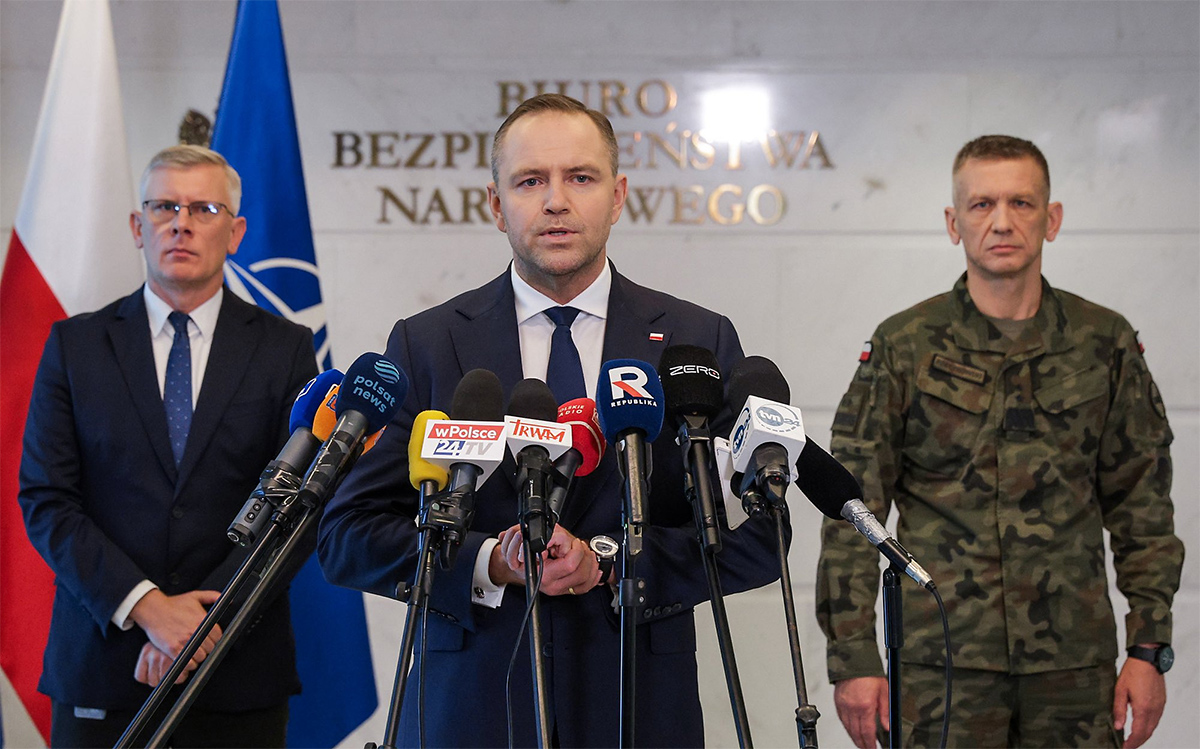Nawrocki Finalizes Legal Framework for Ukrainians in Poland

Polish President Karol Nawrocki has signed a new law regulating assistance to Ukrainians in Poland and extending their legal stay in the country until March 2026, while introducing new conditions for receiving social and medical support.
The Gaze reports on it, referring to RMF24.
This law was prepared by the government after the previous law was vetoed by the president due to what he considered to be excessive social assistance for Ukrainian refugees. Parliament finally passed the new law on September 17, and the signing by the head of state was the final step.
The law extends the legal stay in Poland of Ukrainians who have fled the war until March 4, 2026. At the same time, it tightens control over the receipt of social assistance, in particular the 800+ program.
The head of the President's Office, Zbigniew Bogucki, stressed that from now on, there will be no more special preferences, and all issues related to assistance must be resolved on the basis of general rules that apply to all foreigners.
The new law provides for automatic verification of foreigners' economic activity through the social insurance system (ZUS) — payments will only be made to those who work or educate children in Polish schools. An exception is made for parents of children with disabilities, who will be able to receive assistance regardless of their professional status.
In addition to social assistance, the law restricts access to medical services for adult foreigners, including rehabilitation, dental treatment, and the purchase of prescription drugs.
“This law ends the legal uncertainty regarding the status of Ukrainian citizens in the Republic of Poland and effectively removes the problems that have been troubling tens of thousands of Ukrainian citizens in recent weeks,” said Ukrainian Ambassador to Poland Vasyl Bodnar, thanking the Polish side for resolving an important issue for many Ukrainian citizens residing in Poland.
As The Gaze informed earlier, Ukraine and Poland have agreed to establish a joint task force on unmanned aerial systems, which will serve as a platform for coordinating technological initiatives and strengthening the defense capabilities of both countries.